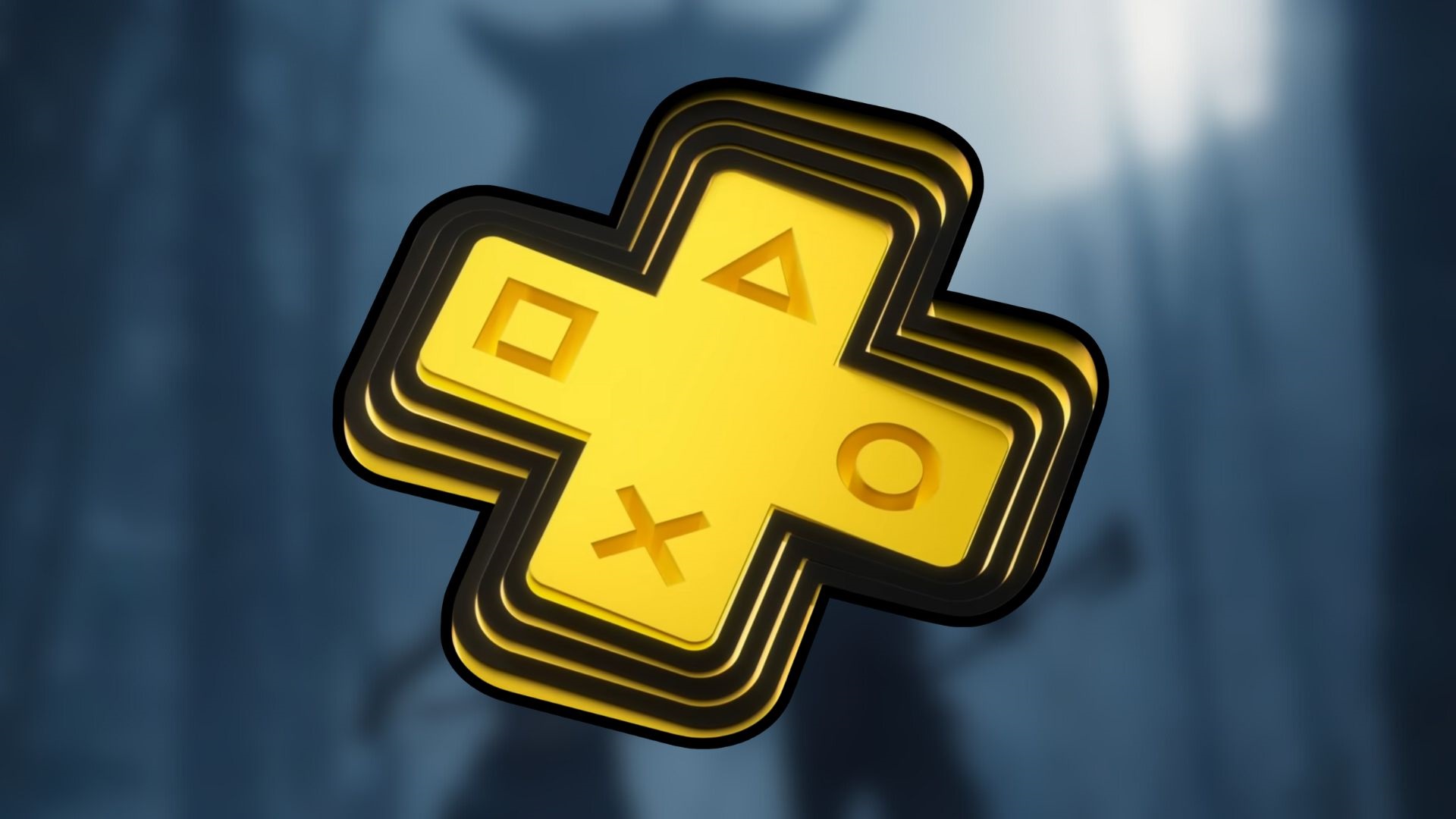Sony may get a ton of flack for its "lackluster" and "overpriced subscription service but its offering, the PlayStation Plus, has quietly improved since its restructuring two years ago. Its most expensive tier, PS Plus Premium (or Deluxe, in certain territories), has now amassed an impressive collection of trials or demos that span the spectrum from the usual blockbuster hits to hidden indie gems, giving developers of all sizes equal opportunity to get eyes on them.
For $18 a month, $50 for three months, or $160 a year, a PS Plus Premium subscription gives you access to over a hundred video game trials. The selection ranges from high-profile exclusive titles like God of War: Ragnarok to easily forgotten remasters of classic titles like Tactics Ogre Reborn.
This is on top of everything you get from the two lower tiers: Essential and Extra.
Sony's decision to include game trials in PS Plus Premium comes amidst a resurgence of video game demos. Perhaps driven by a realization that the market is now overflowing with options, a growing number of developers are releasing well-crafted demos as part of their effort to significantly boost their game's visibility and sales potential. This marks a departure from past beliefs, where it was thought that demos could negatively impact sales by satisfying gamers' curiosity without leading to a purchase. However, the current gaming landscape, characterized by its sheer volume of high-profile and budget-friendly releases, has shifted the narrative, emphasizing the value of demos in drawing in players who might otherwise overlook a title.

